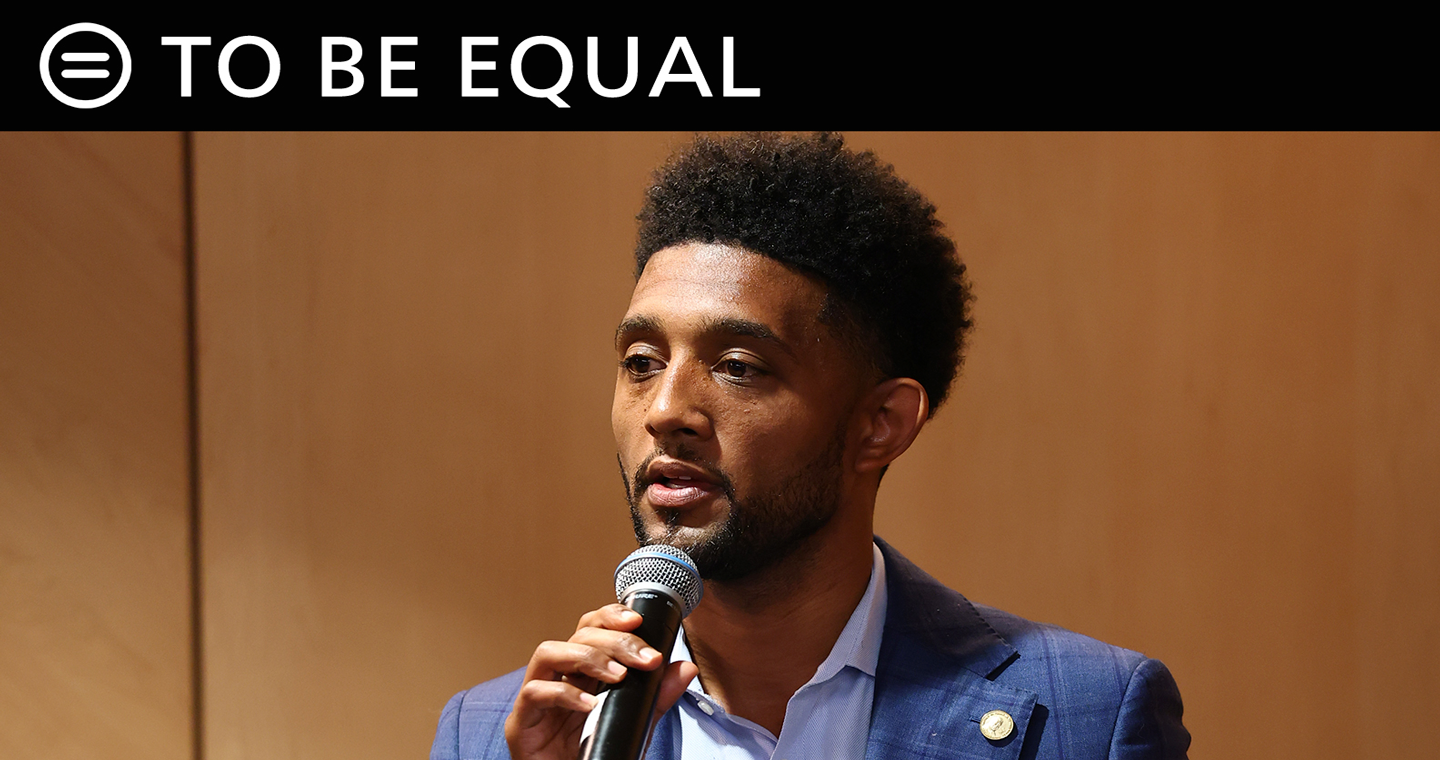Baltimore Success Story: Mayor Scott's Community-Based Approach Achieves Historic Drop In Violent Crime

Marc H. Morial
President and CEO
National Urban League
"After years of investing in violence interrupters, community outreach workers and neighborhood-based prevention initiatives, Baltimore is witnessing the fruits of this focused approach. These programs work because they address violence at its roots, engaging directly with the individuals and communities most affected by crime." -- Maryland Public Defender Natasha Dartigue
When Brandon Scott took office as Mayor of Baltimore in 2021, he implemented a public safety plan that tackled violence as a public health problem, emphasized community engagement, an committed to accountability.
Today, Baltimore is seeing the lowest homicide rate in 50 years.
The 22% decline in homicides and 19% decline in non-fatal shootings over the first six months of the year exceed the city's Comprehensive Violence Prevention Plan’s goal of a 15% annual reduction in gun violence.
The historic milestone is part of an ongoing dramatic reduction in crime that began in 2003. By the end of 2024, six communities -- Belvedere, Woodbourne McCabe, Park Heights, Penn North, Franklin Square, and Brooklyn — saw a year without homicides, according to Scott's first-term report.
Scott's strategy is based on data showing that the people most likely to victimize or be victimized through gun violence was contained to a narrow group, and addressing the needs of those specific communities.
It's about preventing crime, not just punishing it.
“We are not going back to the days of arresting any and every Black person who is just outside,” Scott said.
But Scott isn't resting on his laurels. “While we acknowledge the historic lows we are experiencing, we must simultaneously acknowledge that there is much more work to do and our success makes me commit even further to doing it.”
When Scott embarked on his mayoral campaign in 2020, tackling violence in Baltimore seemed an unsurmountable task in one of the deadliest cities in the nation. Reinforced by television shows like HBO's The Wire, the city's image as crime-ridden and dangerous prompted national headlines like "Who Wants to Run the Deadliest Big City in America?"
Growing up Park Heights, Scott was all too familiar with the consequences of both rampant gun violence and the city's ineffectual and misguided tactics to curb it. He recalled his shirt snagging on a fence as he scrambled over it to escape gunfire that erupted in a church parking lot. He also had been handcuffed by police for what he termed "breathing while Black."
Though only 36 when he was elected, he'd already been an elected official for a decade and had chaired the Baltimore City Council’s Public Safety Committee and co-founded the anti-violence group 300 Men March.
Other public safety achievements include the city's $1.2 million settlement with Polymer80, a major ghost gun manufacturer, and progress toward a consent decree for the Baltimore Police Department.
As a young mayor facing record-high crime rates in New Orleans the 1990s, I saw that policing alone was not the solution. Through a comprehensive approach based on empowering people in underserved communities, my administration cut crime in half and transformed a scandal-ridden police department.
The experience of cities like New Orleans formed the basis of for the National Urban League's 21 Pillars For Redefining Public Safety and Restoring Community Trust, and Mayor Scott's success in Baltimore is further proof of its effectiveness.
###
27TBE 7/12/25 ▪ 80 Pine Street ▪ New York, NY 10005 ▪ (212) 558-5300
Connect with the National Urban League
Instagram: https://www.instagram.com/naturbanleague
Facebook: https://www.facebook.com/NatUrbanLeague
Threads: https://www.threads.net/@naturbanleague
YouTube: http://bit.ly/YTSubNUL
Newsletter: http://bit.ly/SubscribeNUL
Website: https://www.nul.org

